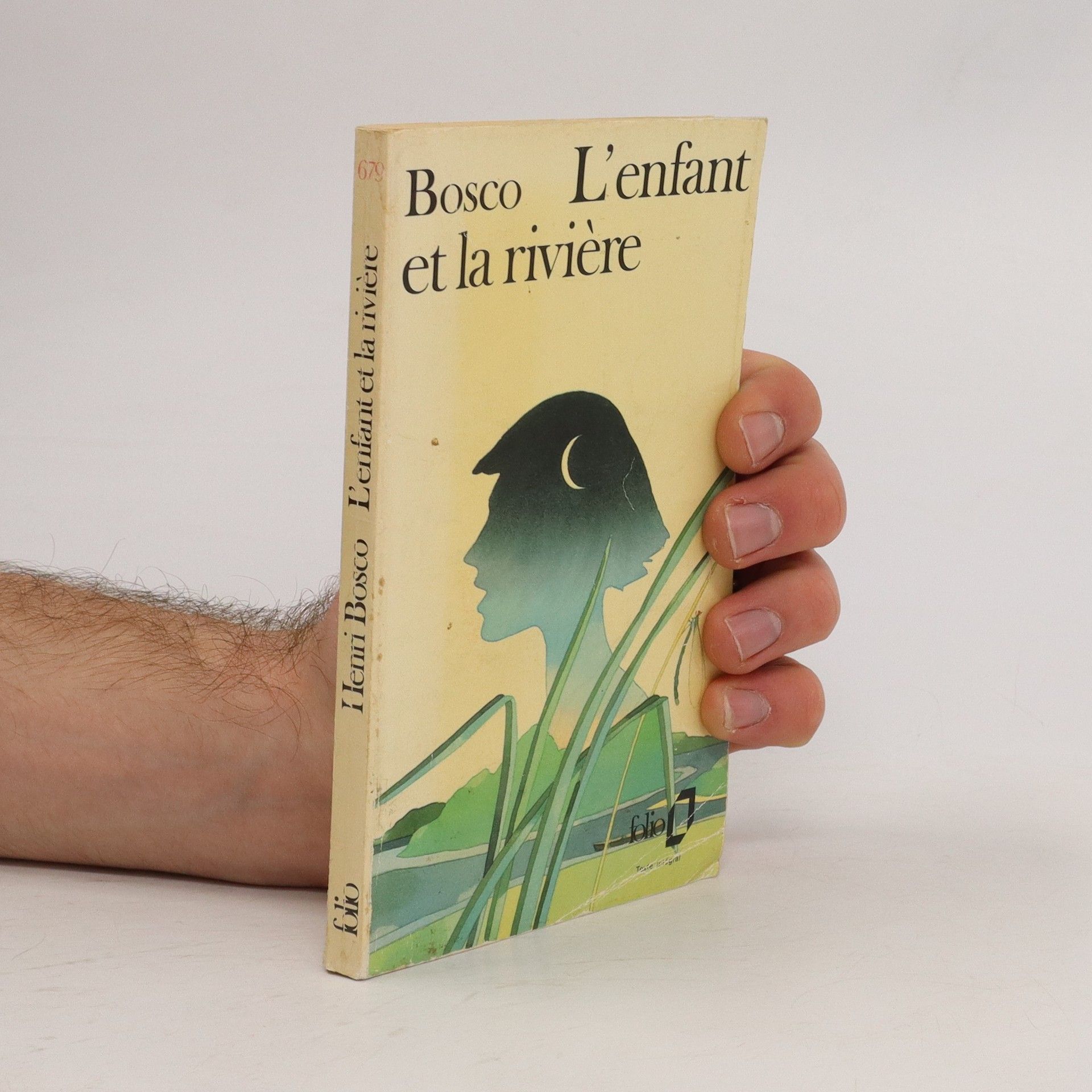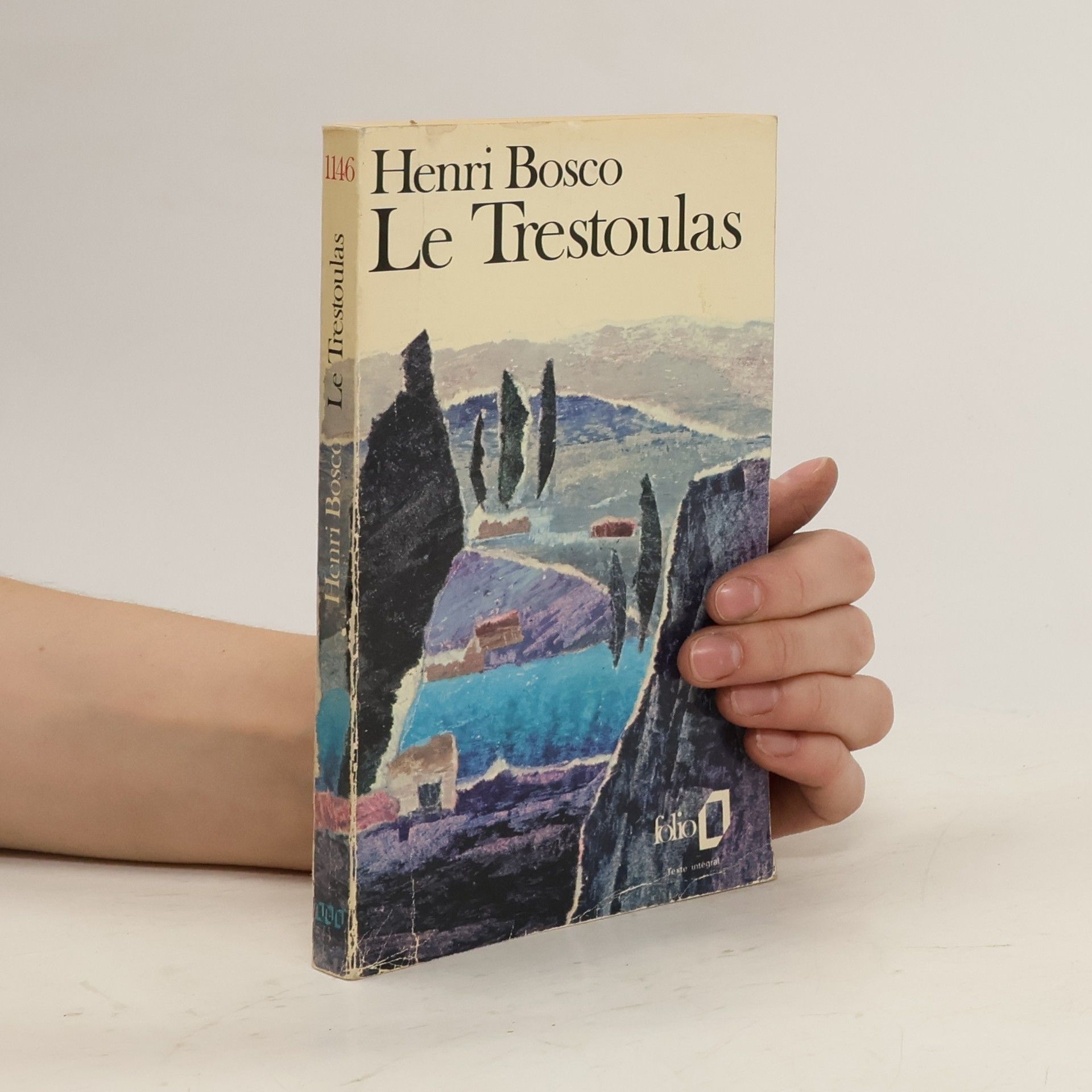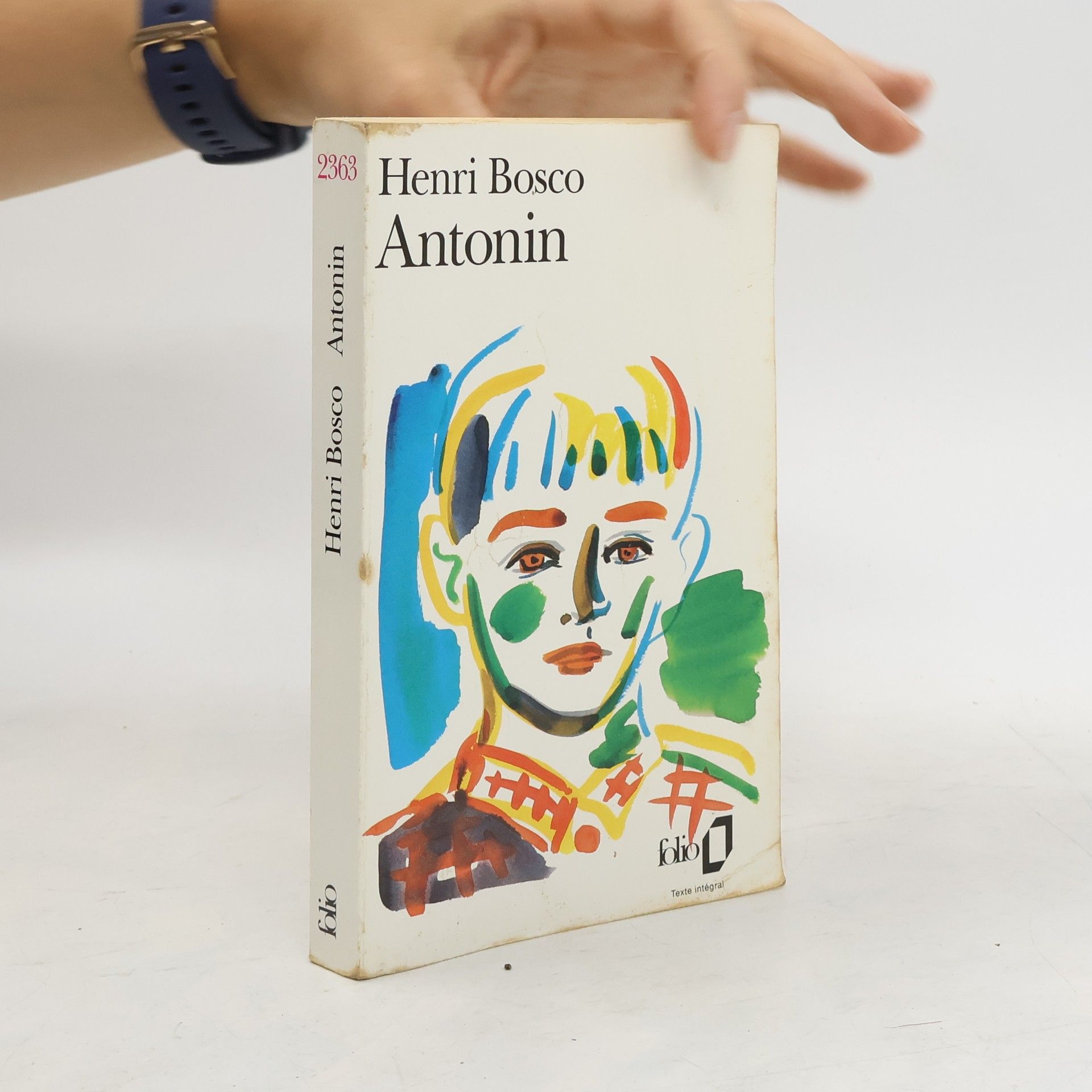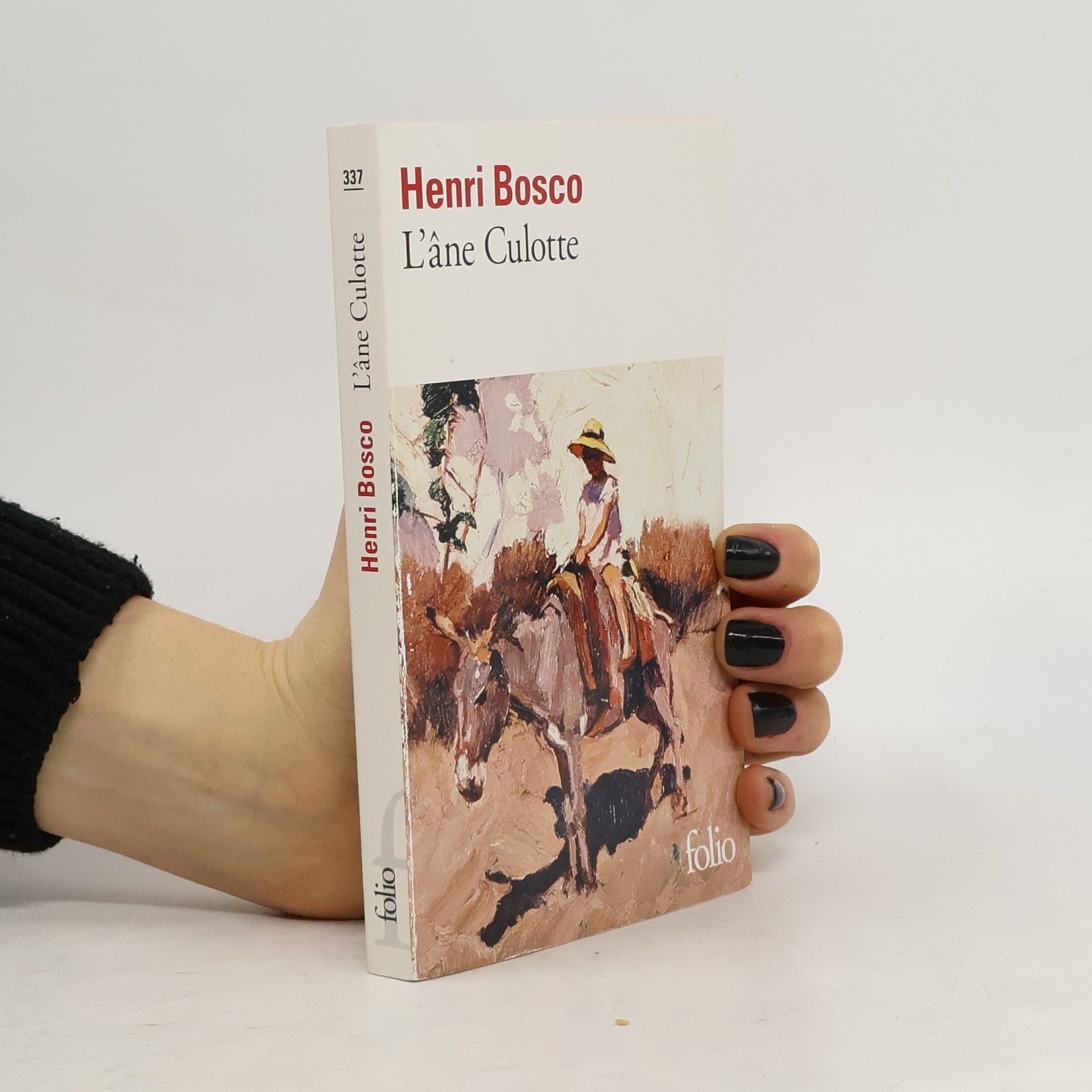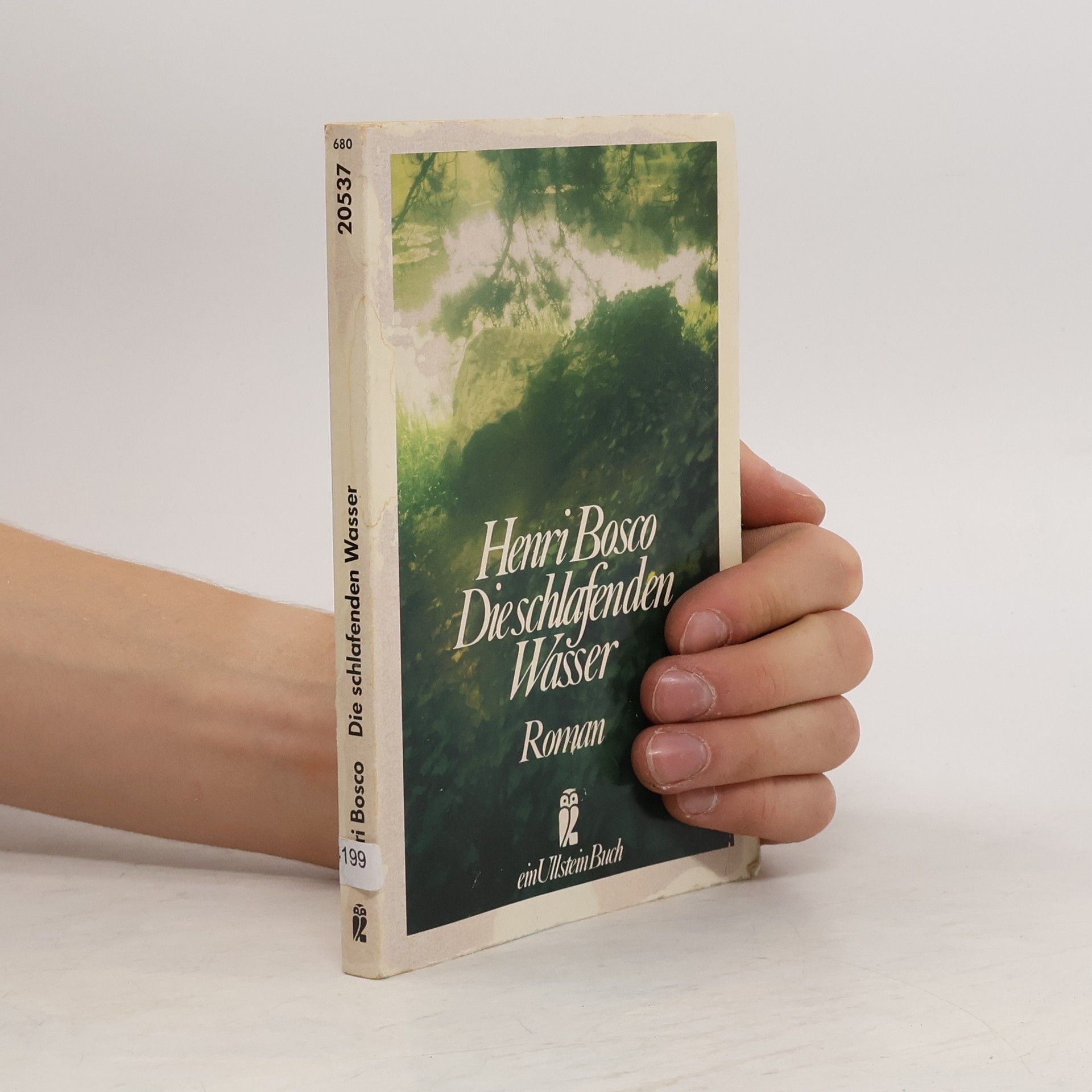Malicroix
- 286 pages
- 11 hours of reading
Fans of William Faulkner will appreciate the work of Henri Bosco, a four-time Nobel Prize nominee. For the first time in English, Malicroix explores the life of a recluse in the French countryside, revealing the journey to his solitude. Although lesser-known among English readers, Bosco (1888-1976) was a prolific and respected mid-twentieth-century French author, with over thirty works of fiction and poetry. He received prestigious awards like the Grand prix national des lettres and the Prix des Ambassadeurs. Malicroix is celebrated as Bosco's "finest achievement," noted for its "intimate blending of the real world and the world of myth," and is frequently referenced by Gaston Bachelard in his works, where he describes it as a "vast prose poem." Set in the early nineteenth century, the novel presents a first-person narrative of a timid young man who inherits a house on an island in the wild Camargue region. To claim his inheritance, he must live alone there for three months, confronting the turbulent river, fierce winds, and his own solitude. He must also complete a challenging task from his great-uncle while fending off others eager to seize the property. The story chronicles his journey toward self-discovery and ownership of both his inheritance and himself.

